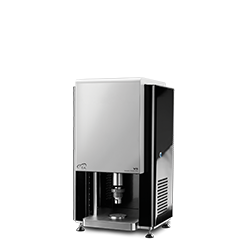Autopilot et Guardian : les nouveaux outils logiciels de TA Instruments pour des analyses automatisées et les environnements régulés.
Autopilot et Guardian : les nouveaux outils logiciels de TA Instruments pour des analyses automatisées et les environnements régulés. Découvrez comment le logiciel TRIOS peut faciliter l’analyse de vos essais, avec, par exemple, l’édition de rapport ou l’analyse des résultats de façon automatique. Combinant un guidage utilisateur approfondi, un traitement automatisé des données et une…
Détails










